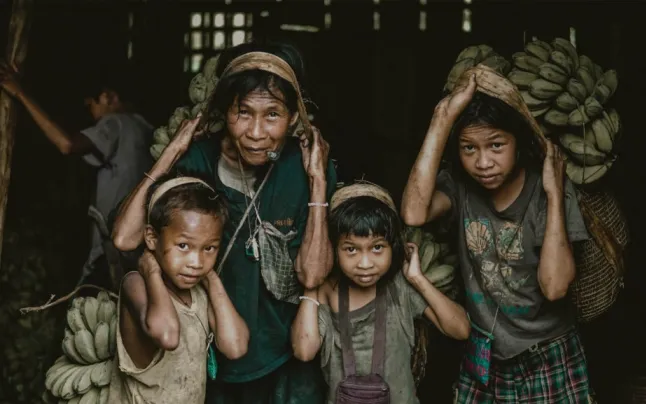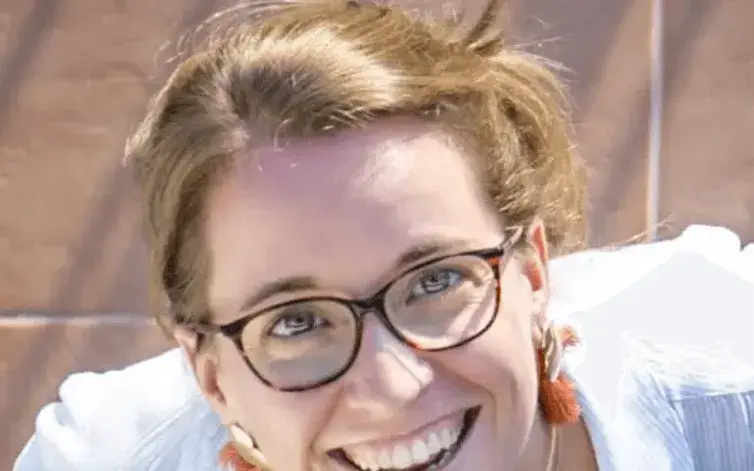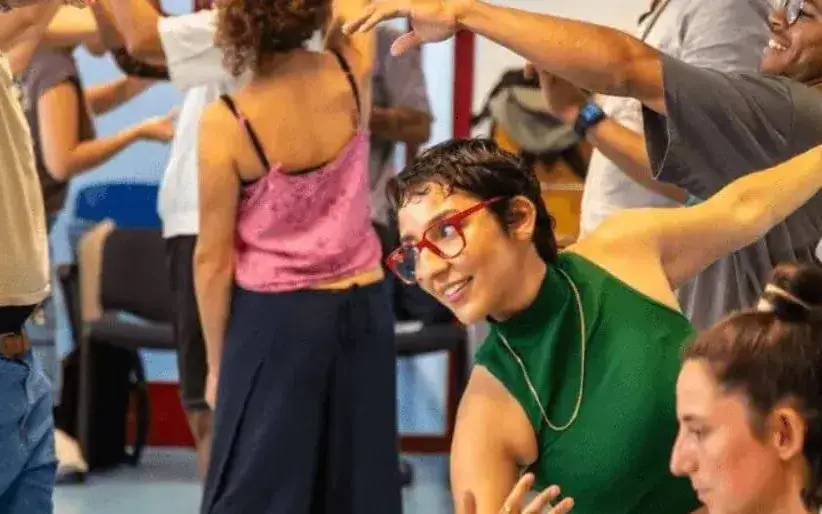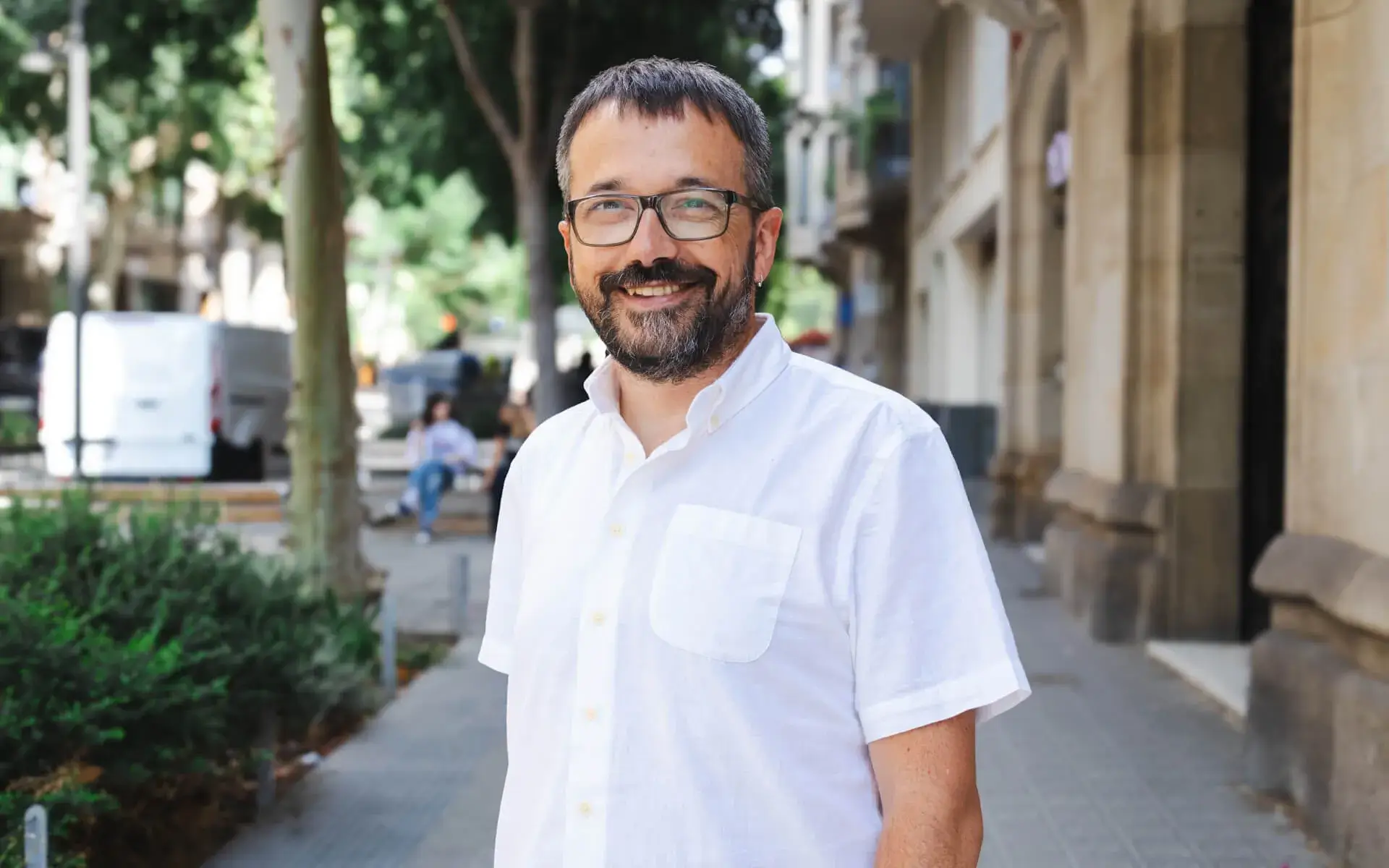Catalan and Philippine organizations develop a website to monitor the situation of human rights in the Philippines
The Philippines is one of the countries presenting a higher level of repression, human rights abuses and violations against its population.
10 December, the International Human Rights’ Day, is a day to denounce and struggle social equality and justice, a constant struggle in the Philippines. The country’s population lives with one of the highest levels of repression, abuse and violations in the world. However, this rarely hits the headlines in the media except in cases when a natural disaster such as a typhoon causes tragic harm and loss in the country.
The Philippines neither appears to be high on the priority list of NGOs and institutions working in the humanitarian field of for international cooperation. It remains a largely unknown country, which is highly conditioned by being far from the Global North, both geographically and historically and politically.
In light of this reality, and subsequently to the work of the Catalan Association for Peace and International Action for Peace in the country in recent years, especially through their partner organisation Karapatan, that humanrightsphilippines.org was created. This is a website designed as a source of constantly updated information with analysis and reflections, which aims to provide an overview of the state of human rights in the country.
More specifically, the research and materials prepared focus on providing information on the situation of human rights’ defenders during the term of Rodrigo Duterte (2016-2022) and an overview of the sequence of events under the new regime of Marcos Jr. and Sara Duterte.
The website is available in three languages: Catalan, English and Spanish, and besides containing a main diagnosis and reports, it also includes a series of additional resources such as a timeline with the main historic milestones; a selection of real cases of human rights’ defenders killed in recent times; or a glossary with specialized terminology on human rights.
“Kill them all!”
This sentenced, pronounced by Rodrigo Duterte who ruled the country until last May, illustrates the level of impunity experienced in the country in recent years. His “War on Drugs” was, in reality, a general and systematic persecution of the poor and the most vulnerable sectors of the population, and officially has taken the lives of 8,663 people, but most human rights’ organisations and institutions estimate that this figure would be at least three times higher.
Human rights’ defenders have been a target of Duterte’s repressive policies. According to Amnesty International, activists and defenders have been, and continue to be victims of killings, detention, threats and arbitrary arrest. The UN Office for Human Rights documented at least 248 cases of human rights’ defenders, lawyers, journalists and unionists who were killed in the Philippines for the work they were doing from 2015 to 2019.
Besides, the systematic persecution of defenders is carried out in a climate of ultra-authoritarianism, often using red-tagging, which is stigmatizing and publicly calling out anyone who dares to express criticism or disagreement with official policies as “terrorists” by the armed forces, the paramilitary and police.
The elections on 9 May 2022, won by the tandem made up of Marcos/Duterte (Bongbong Junior, the son of former dictator Ferdinand Marcos, and Sara Duterte, the daughter of the outgoing president as Vice-President), and which were broadly discredited for the numerous irregularities, bring continuity for both regimes. This continuity leaves no doubt about the outlook for freedom, human rights and the rule of law in the immediate future.
A coordinate effort to pin the Philippines on the map
The project is led by the Catalan Peace Association and International Action for Peace, with the collaboration of Karapatan, more concretely, it’s member organizations National Union of People’s Lawyers (NUPL) and Union of People’s Lawyers in Mindanao (UPLM), and Belgian organization Viva Salud. The project is also supported by the Catalan Development Cooperation Agency.
The aim is for this website to encourage other organizations and entities to join efforts and create a strong and efficient network for cooperation and education in global justice in the Philippines.







Add new comment